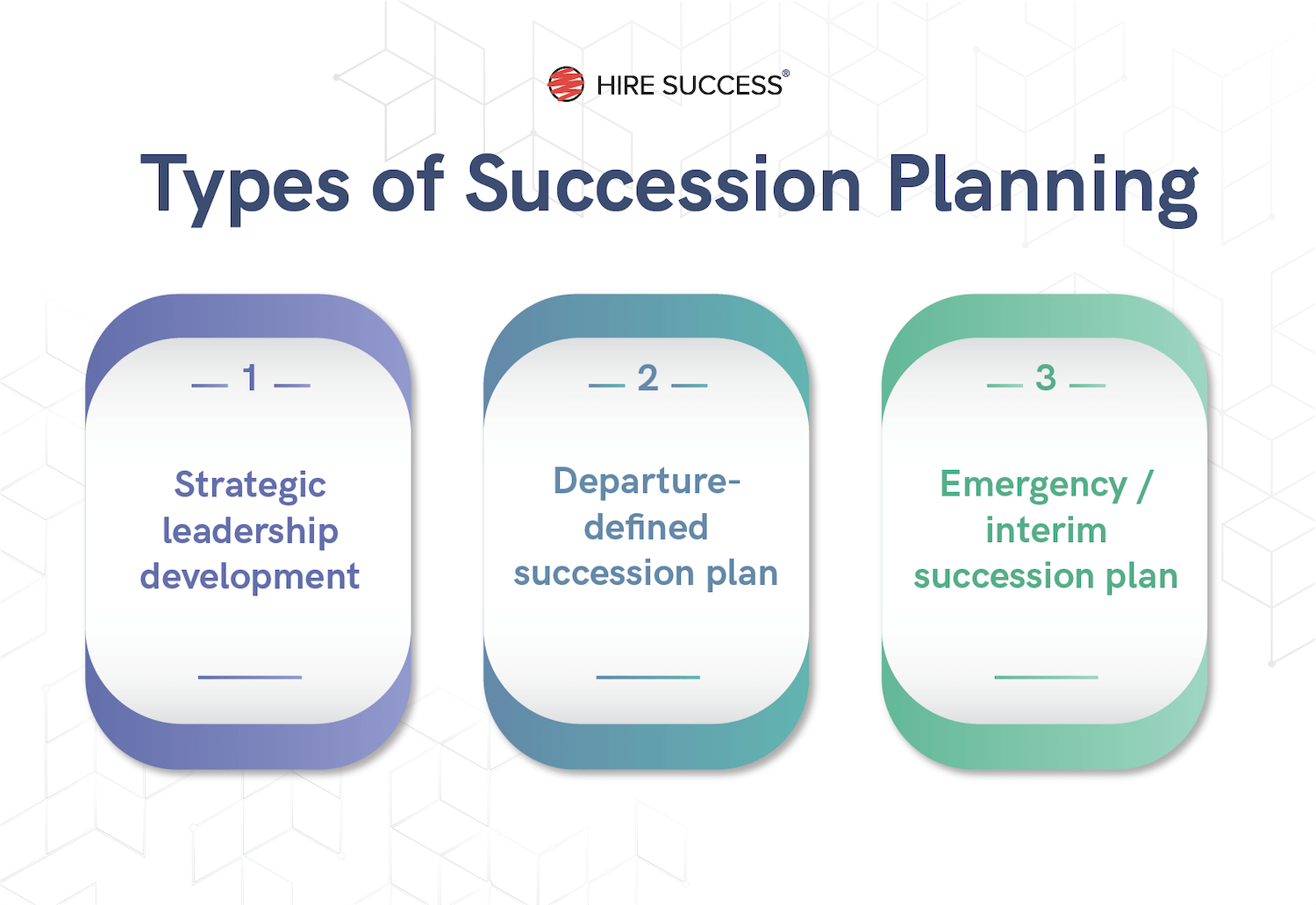
Financial work offers numerous benefits. These include job security, the ability to make more, a business-minded approach, career opportunities, and career options. Here are a few examples. Let's take a closer look. You don't have to hold a degree in university to get into this industry. There are many skill sets and backgrounds that can be used in the financial industry. For a glimpse into the role of everyone in the success of this sector, watch this video.
Job security
There are many factors which can impact the job security of a particular industry. A high job security rate can mean that you are less likely to be fired without cause. A low-job security ratio means you have a higher risk of fluctuation or downsizing. The lowest job safety rate is the one linked to the highest unemployment rate.
You can increase your job security and keep your company afloat, despite the low job security of certain industries. You must ensure that your workplace values your best talent and rewards them accordingly. This can be done by emphasizing the quality of talent and treating recruitment as an employee retention program.
A business-minded approach
Industry work refers research done outside of a university. In this setting, professionals can work for a small biotech start-up or a large organization with thousands of employees. Their work focuses on applied research that has direct clinical value. In order to work in the industry, they must be business-minded.

Opportunities for career advancement
You can find a variety of job opportunities in industry. These range from product development and market research to research at your bench. These roles can also lead to management of larger teams and projects. There are many compromises that can be made between industry and academia. Your priorities, interests, and work style will determine which option is right for you. It is important that you think about what is most important.